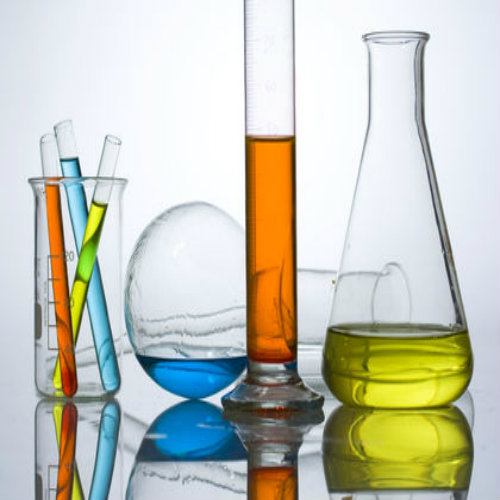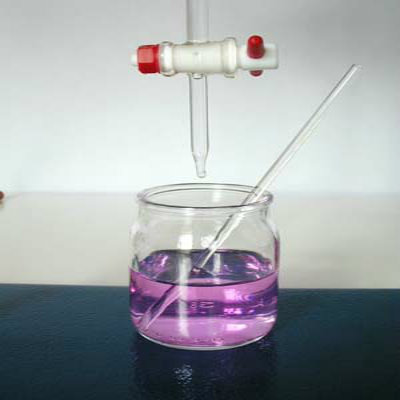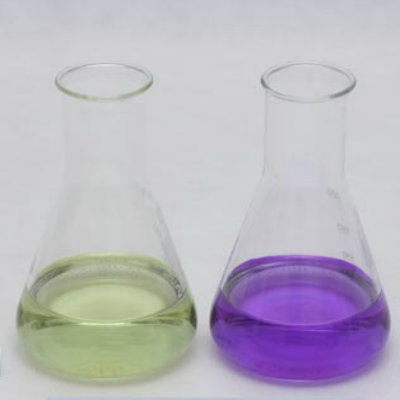How Acids and Bases Produce Colors

There are various experiments in Science, particularly in Chemistry, that prove to be interesting for the students and at the same time, for those who are observing them. For example, the reaction of Sodium and Potassium with water produces hydrogen gas but with a blast that often surprises the observers. Similarly, burning up a magnesium ribbon in air is also something good to watch particularly in the dark. However, if you are a student of middle school and filtering ideas for a science project then one good thing to do is the demonstration of an experiment involving acids and bases. You can simply show how the acids and bases can produce colors by keeping in mind a few basic things. This experiment is not only good to perform before the observers, but also saves considerable time. Before performing the experiment, make sure that you have the following.
Things Required:
– Clean drinking glass
– Bowl
– 1/4 cup water
– 1/4 cup vinegar
– 1/2 teaspoon turmeric
– 1/2 cup rubbing alcohol
– 1 teaspoon baking soda
Instructions
-
1
Blending the constituents
First of all, combine the turmeric and rubbing alcohol in the bowl. You may use a stirrer or shaker to have the two substances blended together perfectly. -
2
The Baking Soda
In another glass, combine some baking soda with water. Make sure you do not end up combining more than the amount required in the experiment. -
3
Combing the two
After preparing the two above-mentioned substances, pour a sufficient amount of the turmeric/alcohol combination into the glass containing water and baking soda and observe a change in color.

-
4
The first color change
Since turmeric/alcohol was a pH indicator so when added to basic solution of yellow color, the color changed to red. -
5
Reverting to original color
Finally add vinegar (Ethanoic Acid) into the above solution. It will be observed that the color of the solution changes back to its original color from red.




